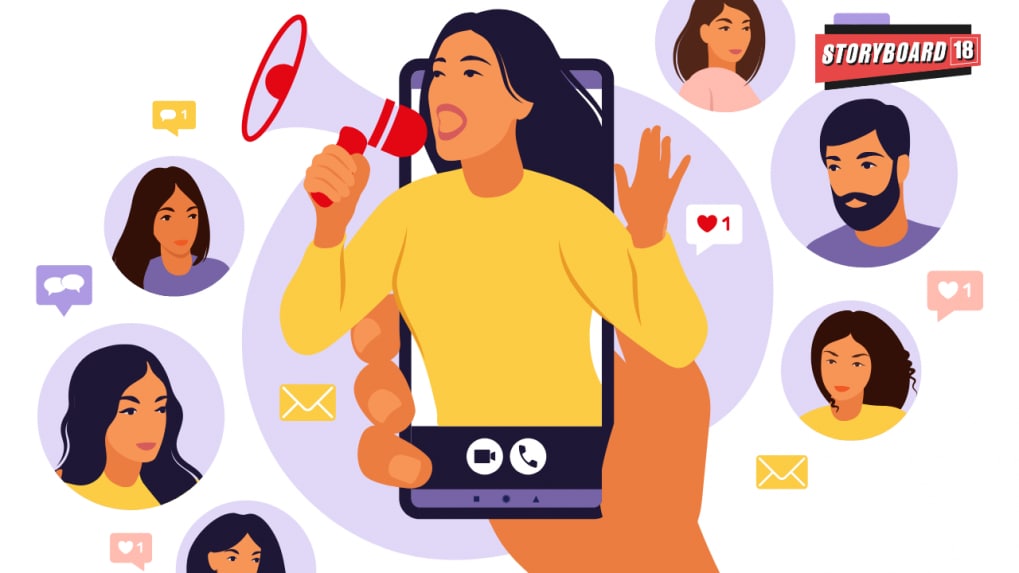Call for inclusive public consultation on draft guidelines for social media influencers
The Ministry of Information and Broadcasting has been urged to conduct an open and inclusive public consultation before drafting guidelines for social media influencers, following a Supreme Court directive.
ADVERTISEMENT
In a letter to the Ministry of Information and Broadcasting (MIB), Dr. Vijay Kishor Tiwari, Assistant Professor of Law at the West Bengal National University of Juridical Sciences, has called for an open, deliberative, and transparent public consultation process before the formulation of guidelines governing social media influencers.
The letter, dated September 11, 2025, was addressed to Ashwini Vaishnaw, Minister of Information and Broadcasting, Dr. L. Murugan, Minister of State for Information and Broadcasting, and Sanjay Jaju, Secretary of the MIB.
The call for a comprehensive consultation follows a Supreme Court directive on August 25, 2025, in the case of Ranveer Allahabadi v Union of India & Ors. (W.P. (Crl.) 83/2025), which arose from controversies surrounding the show India’s Got Latent.
The Supreme Court directed the MIB to draft guidelines for social media influencers in active consultation stakeholders, emphasizing that the rules should not be reactionary but “broad and wide enough to cater to future needs, keeping in view the modern-day challenges posed by the advancement of technology in the matter of communication.”
Read More: SC seeks NBDA’s input on guidelines to protect PwDs from offensive content online
Dr. Tiwari underscored that these proposed guidelines have far-reaching implications for millions of Indians, particularly persons with disabilities who actively publish or consume content online. He highlighted several fundamental legal principles that the guidelines must respect, including the constitutional protection of commercial speech, the prohibition of vague or overly broad restrictions, and the exceptional nature of prior restraints or licensing requirements on content creators.
A significant focus of Dr. Tiwari’s appeal was on the inclusion of marginalized voices, particularly persons with disabilities. He reminded the MIB of the Supreme Court’s pointed concern regarding the disparaging comments and portrayal of persons with disabilities in the context of India’s Got Latent. He urged that the consultation process not treat the disability community as a monolith but ensure diverse representation of persons with different disabilities.
The letter also called for at least one open-house discussion, accessible both physically and virtually, offered in multiple Indian languages and accessible formats.
The letter advocates extending invitations to a broad array of stakeholders, including disability-rights organizations, creators across genres and languages, women’s and queer collectives, Dalit and Adivasi groups, ad-tech firms, child-rights experts, civil society groups, and legal academics.
The Supreme Court during the hearing had emphasized that the digital ecosystem—including YouTube, podcasts, and online comedy platforms—needs a regulatory framework that respects Article 21 (right to dignity) alongside Article 19 (freedom of expression).


